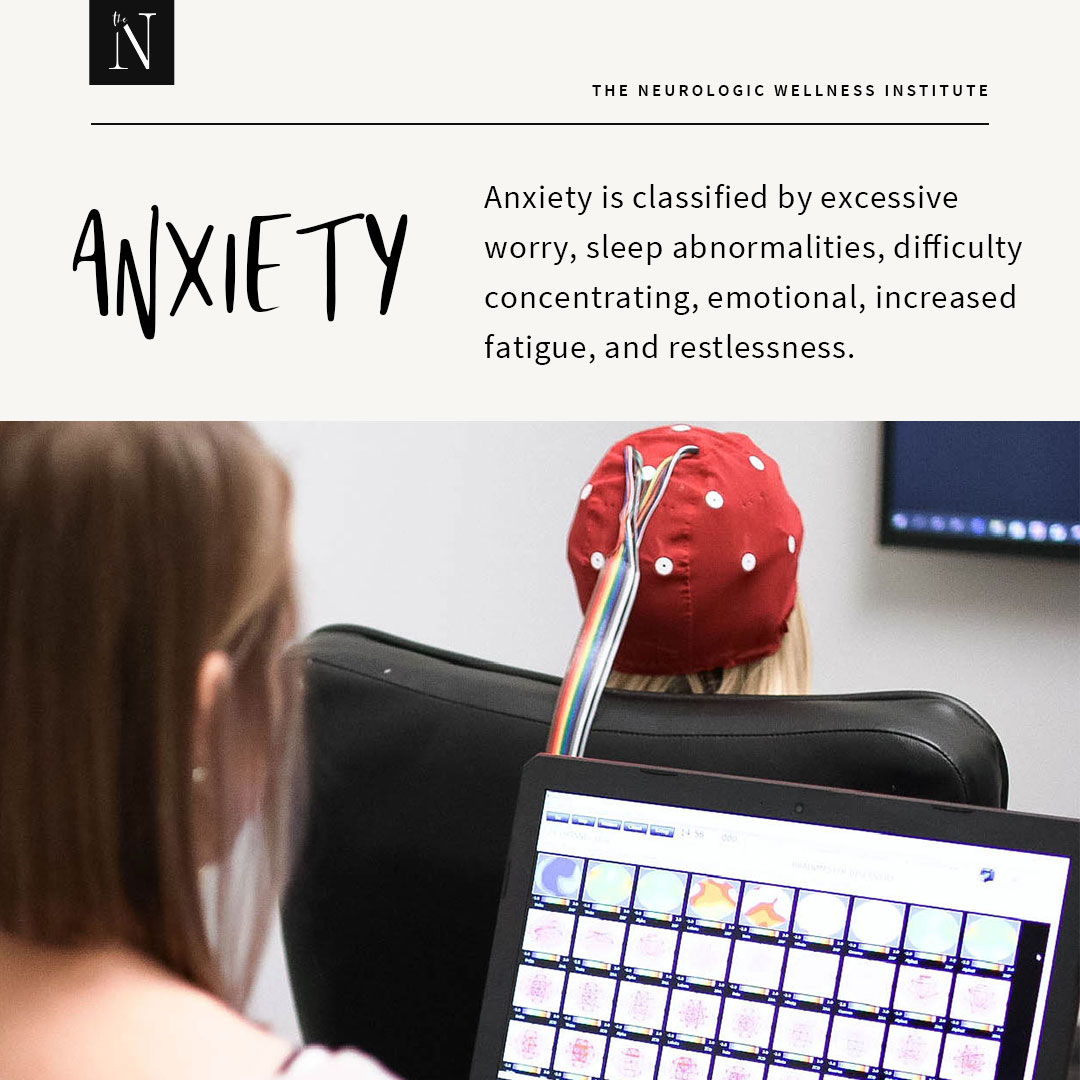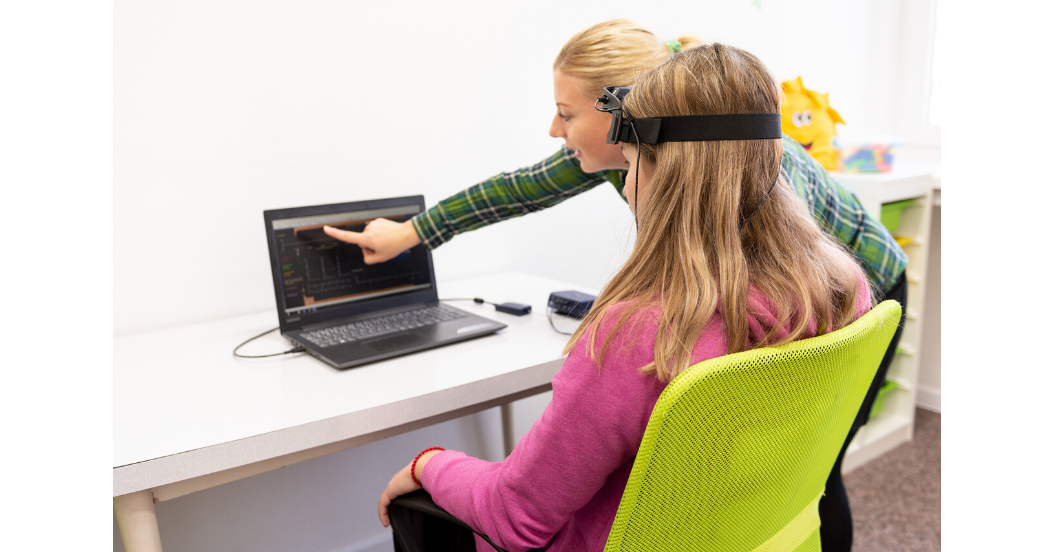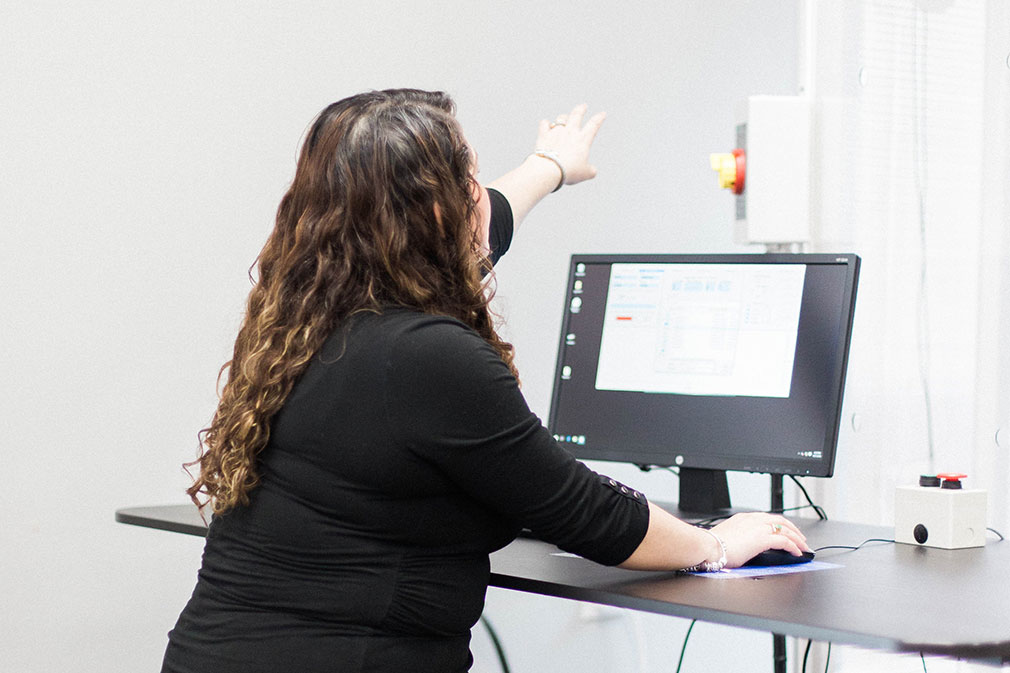Chronic illness has numerous definitions, but commonalities include a lengthy time course, progressive severity and decreased overall functioning causing impaired quality of life. Chronic illness is a substantial global burden, with the World Health Organization (WHO) reporting that 38 million of 56 million deaths worldwide in 2012 were due to non-communicable, or chronic, illness.

The WHO focuses on medically based chronic illnesses, however, mental illness, drug abuse and chronic pain can be included given their long persistence and drain on sufferers.
Anxiety, stress, and distress associated with chronic medical conditions are well known. Anxiety is the subjective psychological experience of environmental stressors which is marked by continued excessive worry, sleep abnormalities, difficulty concentrating, emotional lability, fatigue, and restlessness. Stress/distress is the psychological and hormonal response to environmental pressures. Although separate definitions of anxiety and stress/distress are presented, these terms are often used interchangeably due to their inherent connection with each other.
Chronic anxiety and stress can increase stress hormone release, decrease growth hormones, and incorrectly activate the immune system causing increased inflammation and autoimmune disorders. Stress and anxiety can directly influence illness progression and can lead to irritable bowel syndrome exacerbations and increased cardiovascular risk.
Traditional treatment for anxiety includes psychological treatments such as cognitive therapy, cognitive behavioral therapy, exposure therapy, and self-help groups, as well as pharmacological modalities such as benzodiazepines and antidepressants. Neurofeedback may reduce or eliminate the use of these medications.
Technology using advanced electroencephalography (EEG) technology has shown patterns in brain activity associated with anxiety disorders. These brain-specific patterns are then able to be monitored and changed using a therapy called neurofeedback. Neurofeedback is a form of biofeedback and is a non-invasive, drug-free therapy. Brain activity is monitored by recording electrodes placed at designated locations on the scalp. Waveforms are then fed back to the patient through computer-generated auditory or visual stimuli. When waveforms balance within a healthy threshold, the system provides positive reinforcement such as a pleasant tone. This treatment technique has been effectively used since the 1960s in many conditions, including anxiety, ADHD, epilepsy, alcoholism, PTSD, stroke, depression, fibromyalgia, and autism.
The Neurologic Wellness Institute performs a QEEG on all new patients to be able to create a “brain map” which shows electrical activity throughout the brain. Our clinicians can then compare each patient’s brain activity against a “normal population” database and determine if abnormal brain activity is correlated with our patient’s symptoms and if neurofeedback is an appropriate therapy for them.
For more information on neurofeedback and if it can help you or someone you know, please schedule a consult with one of our patient care coordinators.
Reference:
Blaskovits et al. Effectiveness of neurofeedback therapy for anxiety and stress in adults living with a chronic illness. JBI Database of Systematic reviews and Implementation Reports. 2017;15(7):1765-1769.



